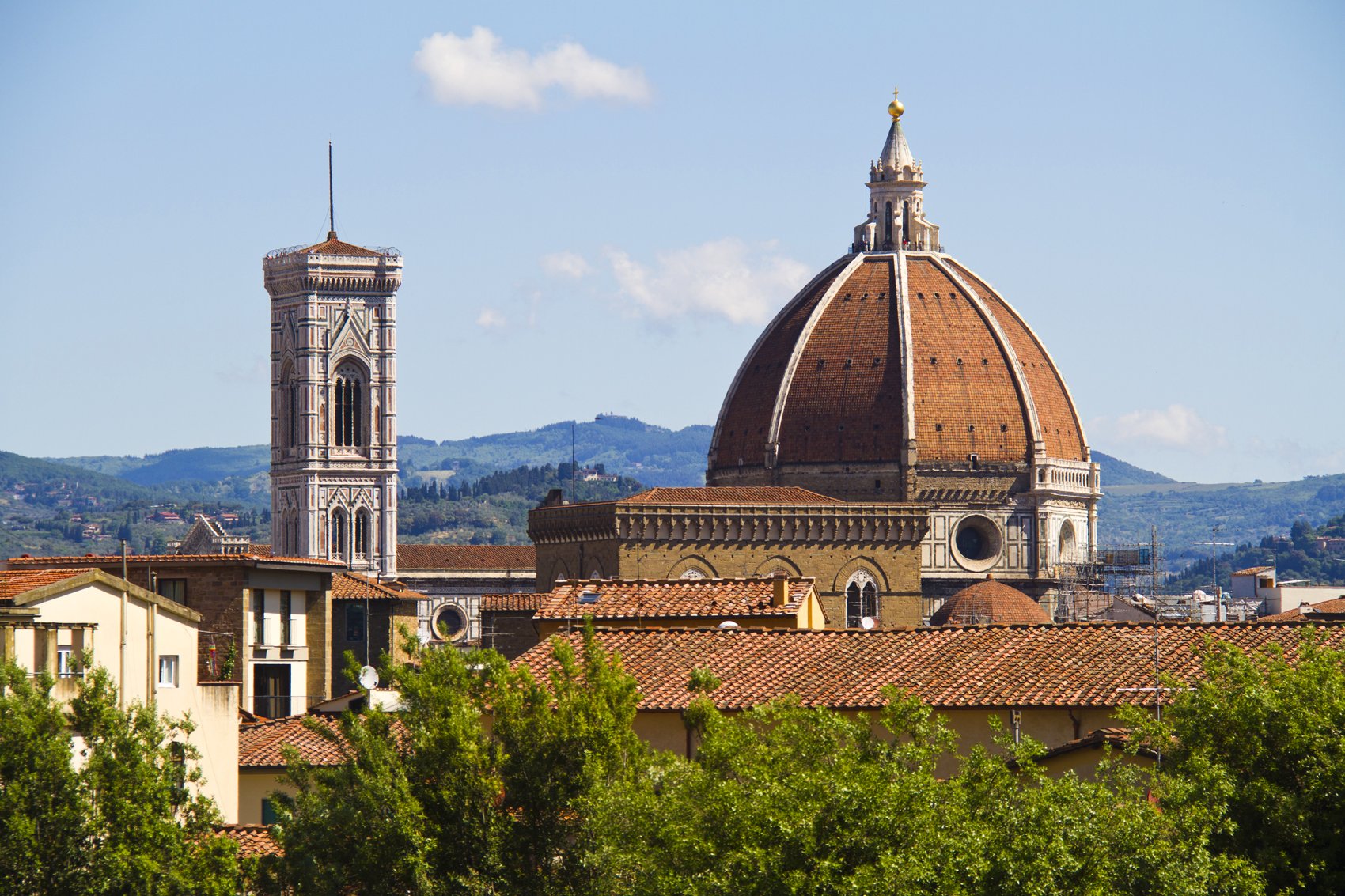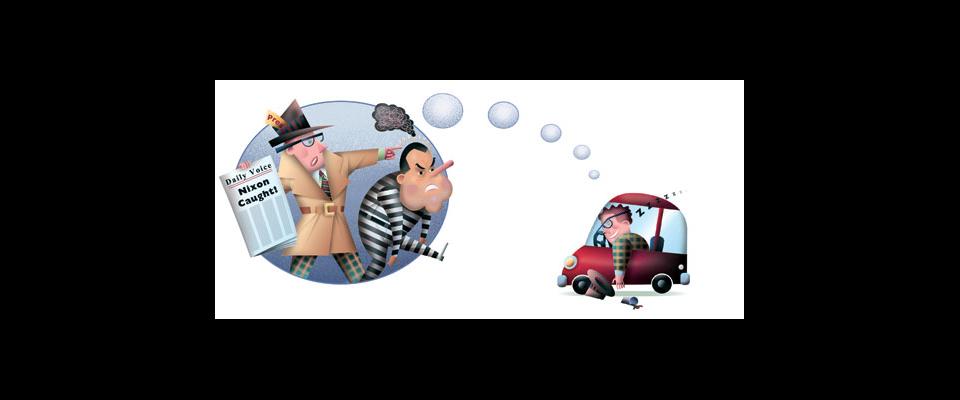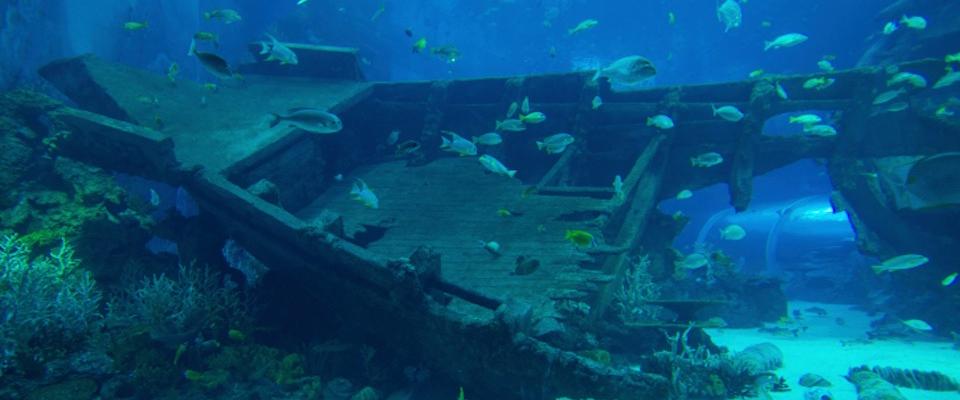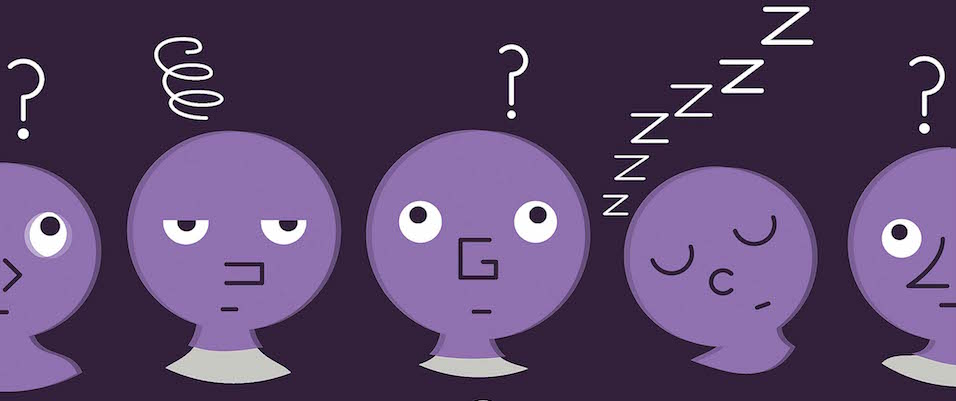There was no doubt that working at The Daily Californian prepared a young newspaper reporter to get to the bottom of things. Anyone who could sit through a meeting of the Academic Senate and remain reasonably conscious was surely ready to dredge the depths of human activity. Turned loose on the real world in the mid-1970s, I found myself interviewing with the city editor of the Los Angeles Herald Examiner, a wiry fellow who smoked cheap cigars down to the tip. The man knew instinctively that a Berkeley degree and a background on the Daily Cal qualified a fellow to cover the seamier side of Los Angeles, a city that needed getting to the bottom of. He hired me and put me on wrecks.
Wrecks were a big beat. Los Angeles, then as now, was overrun with things being run over. Vehicles were always colliding, trucks jackknifing, motorcycles spinning out of control. Occasionally there were wrecked trains and planes. The Herald Examiner dispatched a reporter to cover every fatal accident in Southern California and it was the job of the new guy to show up with a pen, notebook, press credential, and iron stomach. Once, after covering a plane crash south of downtown, I returned to the office with my head hanging out the passenger side of the car. People were supposed to spill their guts to the reporter and here it was, the other way around, and all over the San Diego Freeway.
“Just keep your head out the window, kid,” said the photographer, who was driving. “It’s a new car.”
Meanwhile, on the other side of the nation, reporters were covering Watergate. Reporters with stomachs no more iron than mine were helping to toss such public servants as Richard Nixon into early and well-deserved retirements. Out-of-control presidents—those were the things I wanted to get to the bottom of. Not out-of-control motorists.
After months of fatal wrecks, I got promoted—to obituaries. Those were fatal, too. The editor said I would be covering the deaths of people who had never died before. I nodded. It was an old line in the newspaper business, but not to me.
I got busy writing obits while back on the other side of the country, the presidents kept doing scandalous things. President Ford had just issued a presidential pardon to President Nixon, the fellow who had picked him to be president. It was at least as unseemly as anything in the Academic Senate or on the San Diego Freeway. I wanted to cover these things called Presidents, real bad.
And just when it seemed that day would never come, it did. I landed a job on the San Francisco Chronicle, clearly an outfit that recognized presidential-caliber reporters. I moved north and was soon standing in front of the city editor, who said he had a great assignment for me.
“How would you like to cover the President of the United States?” he said. “Are you ready for something like that?”
He was laughing when he said it. I didn’t think that covering the President of the United States was funny. People who covered presidents were winning Pulitzer Prizes. People who covered presidents were having themselves portrayed in movies by Robert Redford and Dustin Hoffman. This was nothing to laugh about. Was I ready? You bet.
“You’ll be covering the president, Rube,” he said, “from midnight to 6 a.m.”
It turned out that, on President Ford’s previous visit to San Francisco, a deranged woman had stood on a Post Street sidewalk and fired a handgun as the leader of the free world emerged from the St. Francis Hotel. The shot missed the president and so did the Chronicle reporter who had been assigned to cover Ford’s departure from the hotel; seems he was covering the story from a nearby tavern. The Chronicle was not going to let that happen again, and the editors insisted on having reporters near the president round-the-clock.
I reported to my post in a company car at midnight. The president was staying in a house in Presidio Heights. By the time I got there, he had been asleep for one hour, a presidential spokesman said. My job was to remain in the company car, which I had parked a block away, and stand by.
Every 15 minutes or so, I asked a man in a dark suit if the president was OK and he nodded and I went back to the car. I was going to get to the bottom of the presidential sleep cycle. This continued until around 5 a.m., when the Chronicle’s coverage of President Ford’s visit to San Francisco suffered an unpardonable lapse: I put my head on the door jamb and closed my eyes. I was drawing time and a half, too. At least the reporter in the tavern had been awake.
Around sunrise, the veteran political reporter who had been assigned to relieve me tapped on my car window and said I could go home. Unlike me, that reporter would be covering the president while he was awake. From a news perspective, it seemed like a more promising arrangement.
“Good job, kid,” he said, draping an arm around my shoulder. “Sleeping while on overtime. You’re going to do just fine in this business.”





















